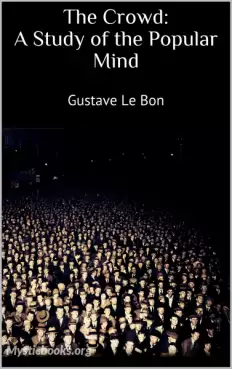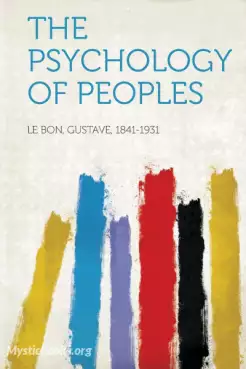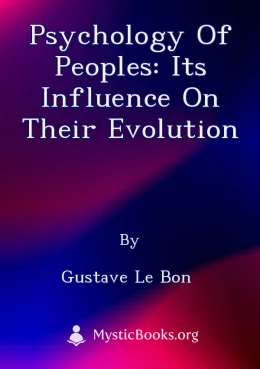
Timeline
Title
Country/Nationality
Gustave Le Bon
Charles-Marie Gustave Le Bon was a leading French polymath whose areas of interest included anthropology, psychology, sociology, medicine, invention, and physics. He is best known for his 1895 work The Crowd: A Study of the Popular Mind, which is considered one of the seminal works of crowd psychology.
A native of Nogent-le-Rotrou, Le Bon qualified as a doctor of medicine at the University of Paris in 1866. He opted against the formal practice of medicine as a physician, instead beginning his writing career the same year of his graduation. He published a number of medical articles and books before joining the French Army after the outbreak of the Franco-Prussian War. Defeat in the war coupled with being a first-hand witness to the Paris Commune of 1871 strongly shaped Le Bon's worldview. He then travelled widely, touring Europe, Asia and North Africa. He analysed the peoples and the civilisations he encountered under the umbrella of the nascent field of anthropology, developing an essentialist view of humanity, and invented a portable cephalometer during his travels.
In the 1890s, he turned to psychology and sociology, in which fields he released his most successful works. Le Bon developed the view that crowds are not the sum of their individual parts, proposing that within crowds there forms a new psychological entity, the characteristics of which are determined by the "racial unconscious" of the crowd. At the same time he created his psychological and sociological theories, he performed experiments in physics and published popular books on the subject, anticipating the mass–energy equivalence and prophesising the Atomic Age .Le Bon maintained his eclectic interests up until his death in 1931.
Ignored or maligned by sections of the French academic and scientific establishment during his life due to his politically conservative and reactionary views, Le Bon was critical of democracy and socialism. Le Bon's works were influential to such disparate figures as Theodore Roosevelt and Benito Mussolini, Sigmund Freud and José Ortega y Gasset, Adolf Hitler and Vladimir Lenin.
Books by Gustave Le Bon

The Crowd: A Study of the Popular Mind
Why crowds do the things they do? 'The Crowd' is highly dangerous instructions for the instrumentalization and manipulation of humans.

The Psychology of Peoples
"It is barely a century and a half ago that certain philosophers, who, it should be remarked, were very ignorant of the primitive history of man, of the variations of his mental constitution and of the laws of heredity, propounded the idea of the equ...

Psychology of Peoples: Its Influence on Their Evolution
Published in 1895, *The Psychology of Peoples* by Gustave Le Bon delves into the psychological characteristics that define different races and how these traits shape a nation's history and civilization. Le Bon argues that a people's character, deeply...

The Psychology of Revolution
Le Bon's *Psychology of Revolution* examines the psychological mechanisms behind revolutions and the role of crowds in driving social upheaval. He analyzes how individuals within a crowd lose their sense of individuality and become susceptible to irr...